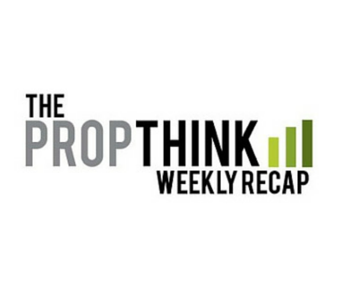If you were hiding under a rock this week, three events stood out in the world of biotech investing.
On Tuesday and Wednesday, a panel of advisors to the FDA took to task two new powerful cholesterol-lowering antibodies, arilocumab and evolocumab, from Regeneron (REGN) and Amgen (AMGN) respectively. In the absence of data supporting that these two drugs improve cardiovascular health (i.e. reduce the risk of heart attacks), the panels weren’t thrilled about approving the PCSK9 inhibitors for broad swathes of hypercholesterolemic patients. Instead, panel members would prefer the drugs be approved only for high-risk patients, including those with a genetic disorder (HoFH) that results in extremely high levels of fat in the blood. The panel is still hesitant about approving cholesterol drugs based on their LDL-C-lowering capabilities alone, and would like to see long-term cardiovascular outcomes data.
Shares of both Regeneron and Amgen fell with the news, but the impact was even greater on a smaller drug developer that’s spearheading an oral (PCSK( inhibitor are injectable), cholesterol drug: Esperion Therapeutics (ESPR). The stock dropped 20% into the Wednesday trading session. Get our take on Esperion’s situation here.
Axovant Sciences (AXON) listed publicly this week in the biggest biotech IPO ever. The company raised $320 million and saw its stock jump 99% in the first day of trading, from an IPO price of $15 to $29.
Much has been written about Axovant already. CEO Vivek Ramaswamy took a $5 million castoff Alzheimer’s drug from GlaxoSmithKline (GSK) and essentially turned it into a $3 billion asset in less than a year’s time. Ramaswamy is only 29 years old, and the company offered preferential treatment to two major hedge funds in the IPO, RA Capital and Visium Asset Management. Numerous pundits have said that this is a sign of the times – or top – in biotech; either way, it’s a name to watch as the development program for RVT-101 gets off the ground later this year. Alzheimer’s is a notoriously difficult indication, all the more reason investors should be skeptical.
Some disconcerting but unsurprising research popped up in the British Medical Journal
late this week. Over 5 years, investigators at the FDA looked at the disconnect between Complete Response Letters (the FDA’s rejection letters) and how those rejection letters where characterized by their sponsors (often publicly traded drug developers). No surprise to biotech professionals the results indicate that rarely do sponsors disclose much about their rejection letter. According to the publication, 21% of the press releases didn’t contain any of the details from the rejection letters. Only 14% of statements in press releases matched those in the actual rejection letters, and when the Complete Response called for a new clinical trial, only 59% of press release statements matched. Read the research here.
Again, this isn’t news to avid biotech fans. Given that Complete Response Letters are not made public under current law, small drug developers are rarely obligated to offer details. It’s just one more reason that investors need to be skeptical of management commentary – it’s rare that you’re getting the full story.
Finally, bluebird bio (BLUE) presented updated results from ongoing trials of its LentiGlobin candidate in Sickle Cell Disease and Beta-Thalessemia over the weekend.
After 16 and 14 months, two patients with beta-thalassemia major remained transfusion-independent with persistent expression of HbAT87Q, and without any adverse events. More important for investors given the immense opportunity in Sickle Cell Disease, the first patient treated with LentiGlobin demonstrated 45% anti-sickling hemoglobin and was free of transfusions for more than three months without complications typically related to SCD. Bluebird has yet again met/exceeded expectations – fresh highs are in sight. We’ve written extensively about bluebird and SCD. Catch up on Mr. Fink’s deep dive.



